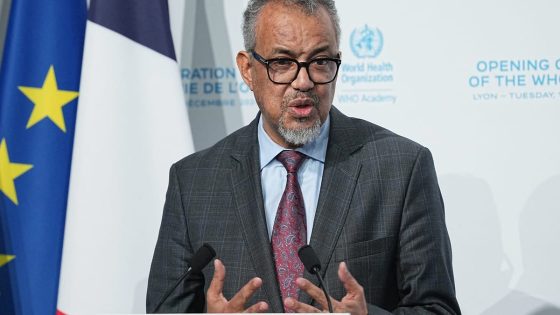Nizar Trabelsi, the convicted terrorist in Belgium, faces an uncertain future as he remains imprisoned in the U.S. despite being acquitted of charges. This situation raises questions about his potential return to Belgium and the implications of his controversial extradition back in 2013.
- Nizar Trabelsi attempted an attack in Belgium.
- He served a 10-year sentence before extradition.
- Extradition to the US was controversial.
- Trabelsi was acquitted in July 2023.
- He remains imprisoned in Washington state.
- Ongoing legal processes continue in Belgium.
On February 11, 2025, discussions surrounding Trabelsi’s case continue to unfold, highlighting legal complexities that could affect both countries.
The Legal Battle Over Nizar Trabelsi: What’s Next for Belgium and the U.S.?
What happens next for Nizar Trabelsi? The outcome of his ongoing legal battles may set important precedents for international law and extradition practices between countries.
The Controversial Extradition of Nizar Trabelsi: A Case Study
The extradition of Nizar Trabelsi from Belgium to the united states has sparked intense debate over its legality. Advocates argue it violated principles against double jeopardy—being tried twice for the same crime. As a result, ongoing legal proceedings are examining whether this decision can be reversed.
Understanding Double Jeopardy: Key Concepts Explained
Double jeopardy is a fundamental principle that protects individuals from facing prosecution more than once for the same offense. In Trabelsi’s case:
- He was initially convicted in Belgium for attempting a terrorist attack.
- After serving ten years, he was extradited to face new charges in the U.S.
- A U.S. court later acquitted him, complicating his status further.
- The question now is where he should go next—if anywhere at all.
The Implications of International Law on Terrorism Cases
This case underscores how international law interacts with national security concerns. It raises essential questions about how different countries handle suspected terrorists:
- How do nations balance justice with security?
- What protections exist for individuals caught up in these complex systems?
- This scenario could influence future extraditions involving terrorism suspects worldwide.
































